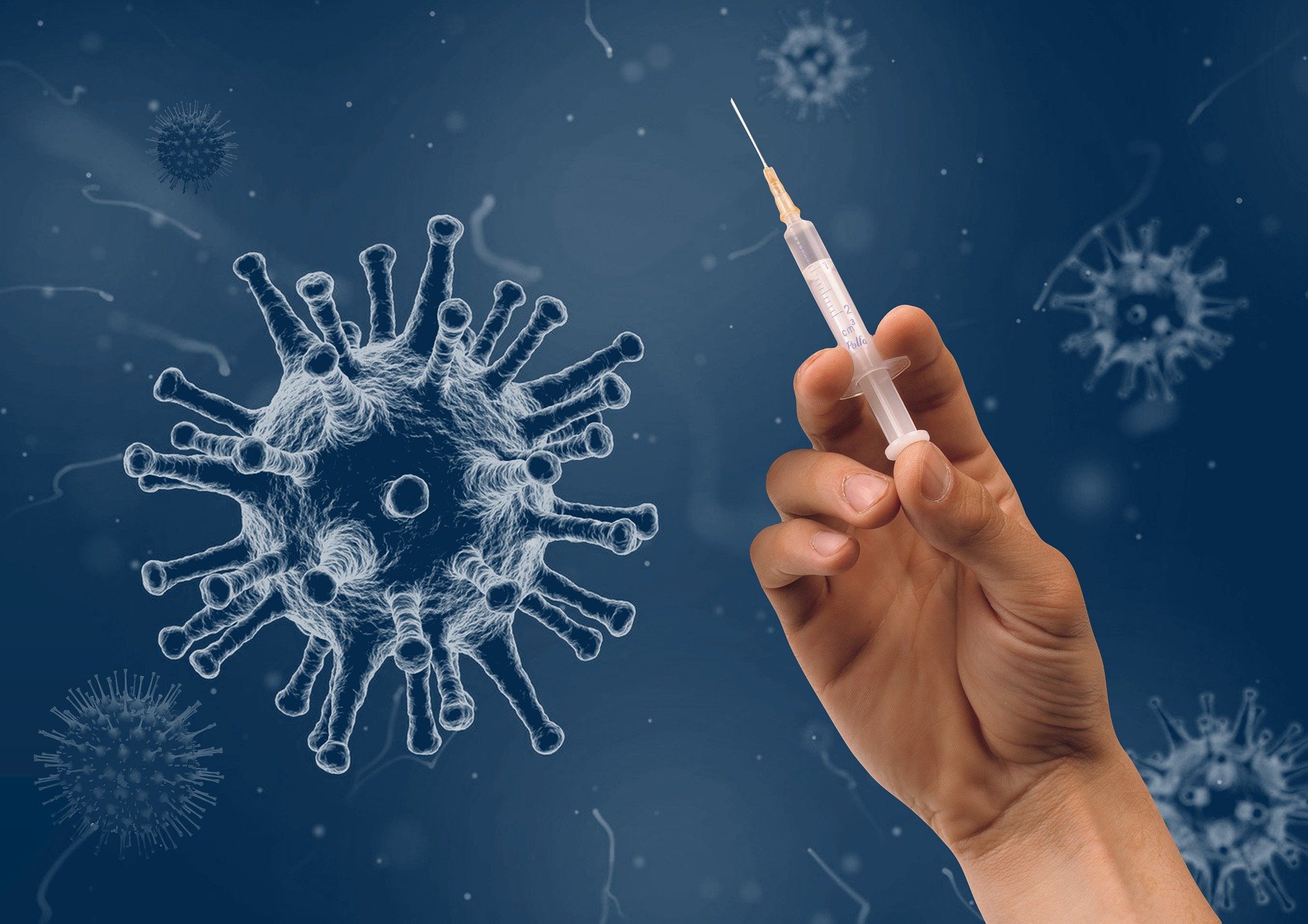Let’s start by demonstrating the ongoing politicization of the pandemic with the Kentucky Senator’s Tweets.

Perhaps a more interesting question is whether there are advantages or disadvantages in natural versus artificial immunity, that is, vaccinated immunity?
The short answer is that it makes no difference to our immune system. Whether the antigen is a virus or bacteria, or a man-made fragment of it, the immune system recognizes it as foreign and “does its thing”. Your goal, of course, is to develop an immune response. This transformation takes place in the bloodstream and in the lymph nodes, regardless of whether the antigen has entered our nose, mouth, digestive tract, lung or through a needle.
“However, the difference between vaccination and natural infection is the price paid for immunity” Immune System and Health Children’s Hospital of Philadelphia
That said, there are some differences. Natural immunity requires sufficient antigen, viral or bacterial, to be identified and make the immune system respond. More antigen gives a more robust response. But that response varies several times – a mild case involving minimal symptoms can result in more indifferent natural immunization than you would expect.
Before considering the variability of the response, let’s examine the cost of natural immunity – you need to be infected and can suffer significant consequences. When looking at a lethal disease, such as COVID-19, or infection with substantial morbidity, such as measles brain damage or polio paralysis, the cost can be quite high. Vaccines are far safer than acquiring immunity by getting sick. This is the compensation underlying the struggle to allow the herd’s immunity to develop naturally. The herd’s immunity will develop, but there will be many deaths along the way.
For most immunities, vaccines are not only safer, they also produce a more robust response. This includes vaccines for HPV, tetanus and pneumonia; mumps is an exception. The other benefit of a vaccine over natural immunity is its standardization. First, as opposed to acquiring natural immunity, you can choose when you will be vaccinated. Second, while natural immunity elicits a variety of responses, vaccines are designed to create the most significant immune response without safety concerns.
For COVID-19 vaccines, two questions remain. How long will immunity last? We don’t know yet, but only time will tell. Again, most vaccines confer equally long-lasting immunity. The two mRNA vaccines target the protein spike. Natural immunity can peak and other viral forms, which can allow natural immunity to protect against some variants; again, we don’t know. What we do know is that getting immunity from contracting COVID-19 is a crapshoot; being vaccinated is extremely effective and safe.
“As vaccines are made with parts of viruses and bacteria that cause disease, the ingredient that is the active component of the vaccine that induces immunity is natural. However, critics point to other ingredients in vaccines or the route of administration as unnatural. “
Philadelphia Immune System and Children’s Health Hospital
Vaccines include three common ingredients, an adjuvant, a stabilizer and often a preservative. The Pfizer vaccine contains no adjuvant; you can think of the first dose preparing your immune system for the second; although the former confers significant immunity. Instead of a stabilizer, the mRNA is wrapped in a little fat with some salts and sugar, called a nanoparticle. Contains no preservatives. Moderna’s vaccine is essentially the same, differing in the elements of the nanoparticle. The Johnson & Johnson vaccine uses a different delivery method for the antigen. It uses an adenovirus – which causes the common cold and which has been alleviated so as not to cause symptoms. It is stabilized with sugar and the preservative is a citrate commonly found in food.
“I believe that morally everyone should get the vaccine. It is the moral choice because it is about your life, but also about the lives of other people.”
Pope Francis
Catholics have been concerned with the product J&J because the production of the vaccine involves the use of a cell line obtained from aborted fetal tissue. The initial statements by local church officials were contradictory messages. In 2005, the Vatican’s Pontifical Life Council indicated that there were “Degrees of Cooperation with Evil” – that the further away from the act of abortion, the less bad the involvement. The pope declared, and now the Catholic leadership of the United States has agreed, that a devout Catholic should choose a different vaccine when he can. Still, when there is no choice, Johnson & Johnson’s vaccination is “morally acceptable”.
But I’m going to give the last word on the matter to ACSH’s friend, Dr. Paul Offit – the Director of the Vaccine Education Center and professor of pediatrics in the Infectious Diseases Division at Children’s Hospital in Philadelphia.
Source: Children’s Hospital of Philadelphia Vaccine Safety: Immune System and Health
New York Times Covid ‘natural immunity’ is no safer than a vaccine
MIT Technology Review What are the ingredients of Pfizer’s covid-19 vaccine?
